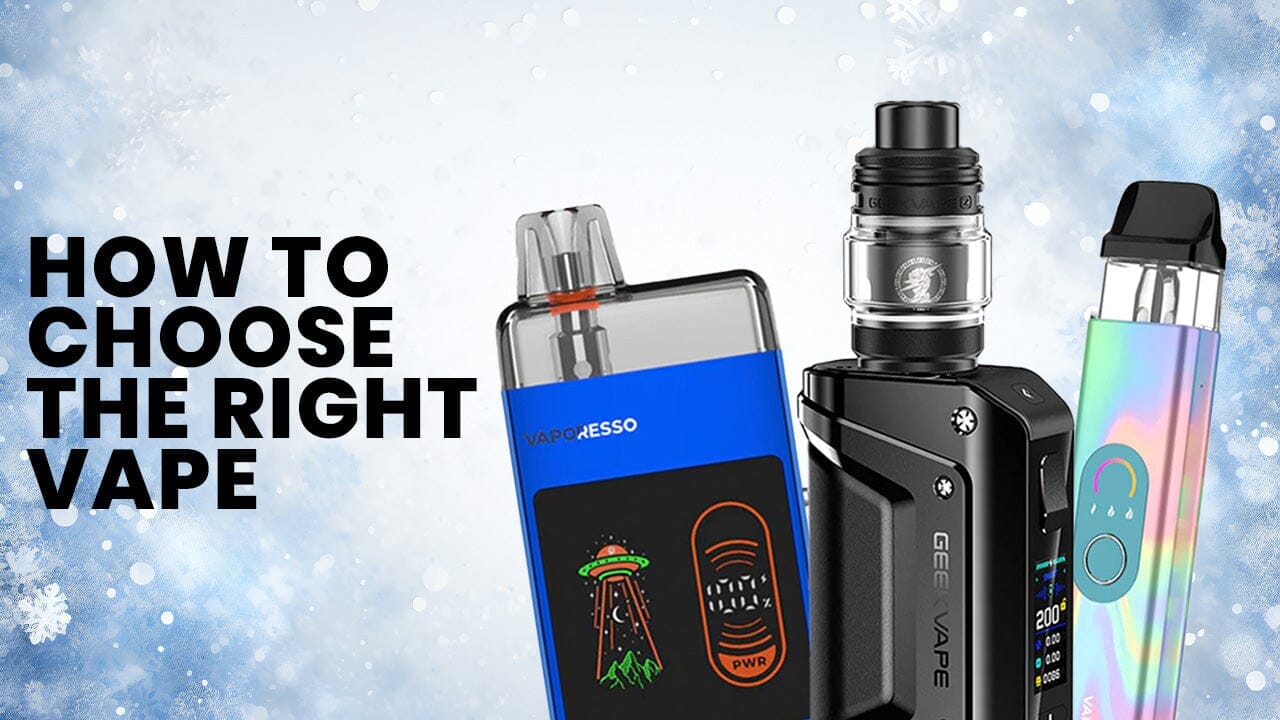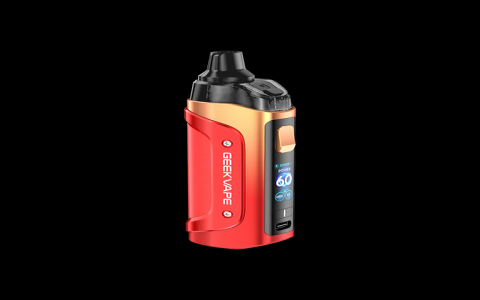Electronic cigarettes, also known as e-cigarettes or vapes, are battery-powered devices that heat a liquid (e-liquid) to produce an aerosol that users inhale. Here’s a concise overview regarding their status in Canada:
Legality and Regulations
- Legal Status: E-cigarettes are legal in Canada at the federal level.
- Federal Regulations: The Tobacco and Vaping Products Act regulates the manufacture, sale, labeling, and promotion of vaping products. Key restrictions include:
- Restrictions on advertising, especially targeting youth.
- Nicotine concentration limits in e-liquids.
- Requirements for health warning labels.
- Provincial Regulations: Provinces and territories can enact additional regulations, which vary across the country. These may include:
- Minimum age for purchase (typically 18 or 19).
- Restrictions on where vaping is allowed (often similar to smoking bans).
- Licensing requirements for retailers.
Health Considerations
- Health Risks: While often marketed as a less harmful alternative to traditional cigarettes, e-cigarettes still pose health risks. These include:
- Nicotine addiction.
- Exposure to harmful chemicals like carbonyls and heavy metals.
- Potential respiratory issues.
- Public Health Concerns: There are concerns about vaping leading to nicotine addiction, especially among young people, and potentially acting as a gateway to smoking traditional cigarettes.
Availability
- Retailers: E-cigarettes and e-liquids are widely available in Canada at:
- Specialty vape shops.
- Convenience stores.
- Gas stations.
- Online retailers.
Important Note
Regulations regarding e-cigarettes in Canada are subject to change. It’s important to stay informed about the latest federal and provincial laws.











